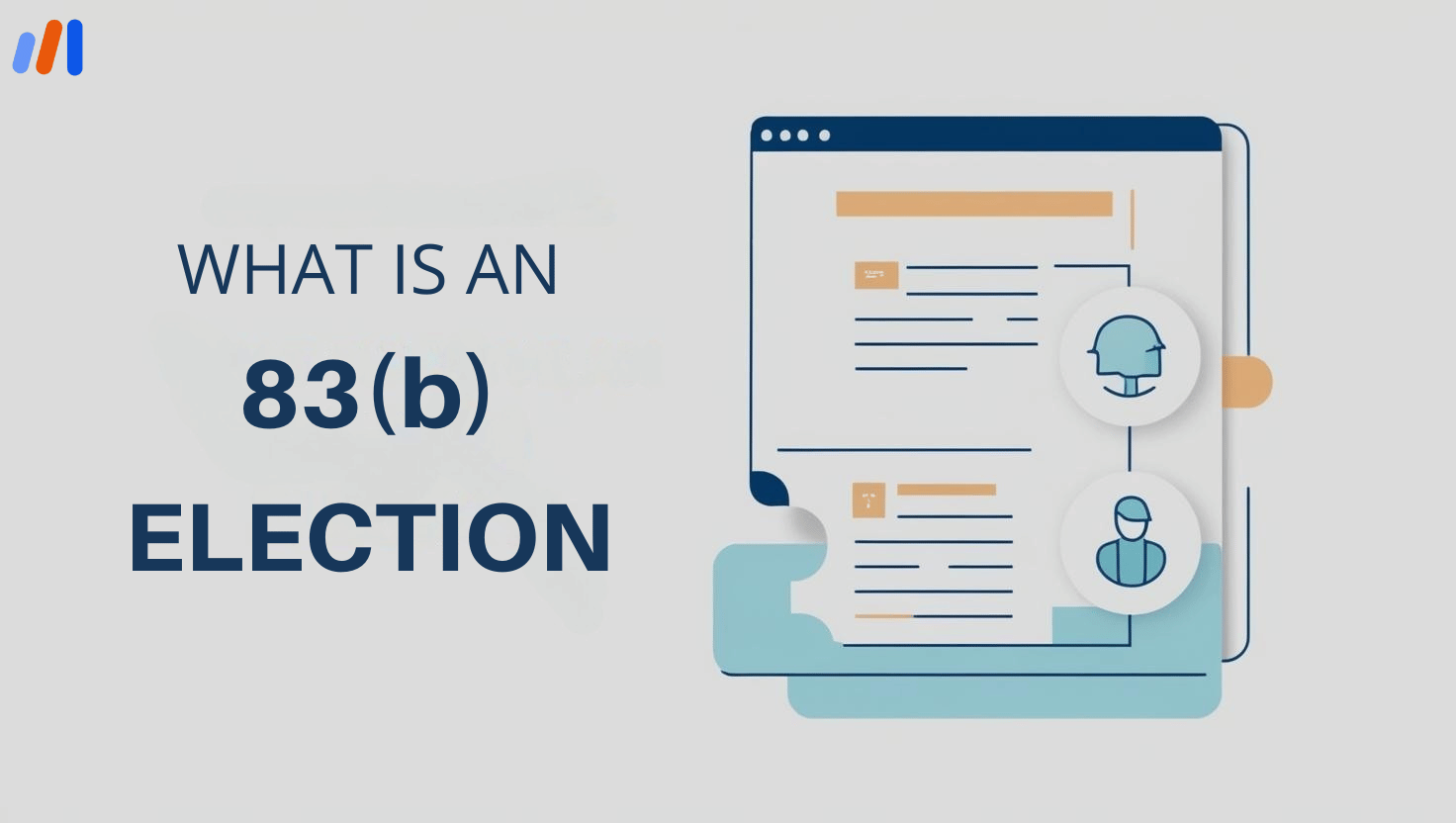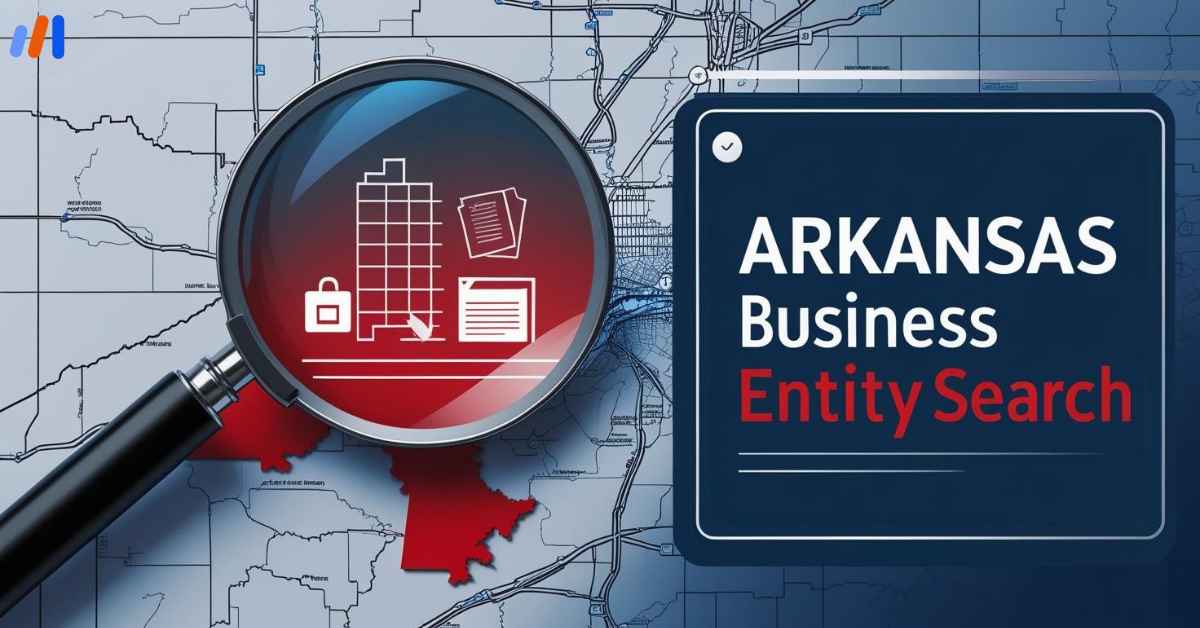The 83(b) election enables employees or founders of a new business to select taxation at the commencement as opposed to when the stocks vest. This is classified as personal property as it is restricted and falls under the guidelines set up in the Internal Revenue Code.
If you are someone who is receiving stock options or any equity compensation type of payment, this election is extremely essential because it will help you save in taxes, if the valuation of the stock increases with time.
Key Features of the 83(b) Election
Last Date for Filing: Filing for this election should be done within a period of 30 days post the receipt of the restricted stock or any options. Failure to comply will lead to losing any advantages linked to this election.
Tax on the Election: If you wish to be granted an 83(b) election, you are effectively paying the tax due at the grant but at an assumed lower price. This is useful in anticipation of the vested stock reaching a higher value than originally expected.
Scenario Example: Let’s say that a founder receives 1 million shares valued at 0.001 and that is the strike price at the time of grant: the income reported at that time would be $1,000. If the shares are vested over a period of time and the value of the shares goes up, there would be no further taxes on the vested shares making it cheaper than being taxed on higher valuation at the time of vesting.
Benefits
Lower Tax Burden: The great benefit that can be derived is to pay less taxes overall if there is substantial growth in the valuation of the stock of the company.
Avoid Future Tax Issues: Quite useful for avoiding tax complexities when shares are vested, especially when they are forfeited, subpoenaed, or collateralized is an 83(b)election form.
Considerations
- One-time filing is irrevocable for an 83(b) election.
- It is applicable only for the equity which is subject to vesting whereas fully vested shares cannot apply for this election.
- It is always good to have a tax advisor when applying for 83(b) election so that the implications of the approach are crystal clear.
In summary, employees and founders now have a structure on how they will deal with the tax liabilities that arise concerning the holding of shares or the vesting of shares with them.
Steps to File Your 83(b) Election
Complete Two Copies of the 83(b) Election Form
- Start with filling out the two copies of the form that are intended for submission by providing them with either your SSN or ITIN along with your e-signature.
- If you’re a non-U.S. taxpayer straddle over the additional conditions applicable in your case.
Prepare Your Mailing Package
These include all of the items listed below in a single envelope:
- IRS Cover Letter
- Two signed copies of the 83(b) election form
- Your address with prepaid money for postage for a date stamp copy that the IRS will be sending back.
Ensure that the return envelope is labeled for Priority Mail with Certified Mail service.
Send Your Election Forms
- USPS-certified mail reminds me of the address where I send my annual tax return to the IRS.
- Get a postmark on the certified mail receipt PS Form 3800.
Track Your Submission
- Monitor the tracking of your envelope to confirm delivery and be prepared to resend if necessary.
Maintain Records
Once you get it returned,
- USPS certified mail receipt with a postmark
- A history of tracking your delivery
- USPS return receipt
- The signed election form if you are unable to get the date-stamped IRS copy.
Extra Features
The EasyFilling users have an option of a managed 83(b) election. This service assists users in filing without breaching any contracts and in organizing the necessary paperwork.
Additionally, if you adhere to these procedures, there is a good possibility that you will be able to organize your 83(b) election in such a manner that all IRS requirements are met and there are possible gains from the tax-induced by restrictions on the assets granted.
Where Do Non-US Taxpayers Get An 83(b) Election?
There are still no answers from the IRS regarding the possibility of non-US taxpayers making an 83(b) election. However, generally, advising individuals who hold or are about to acquire shares subject to vesting in an early-stage startup is the foregone conclusion of start-up lawyers: A non-profit corporation that employs individuals in the USA that has a case to file an 83(b) election with the IRS is only start-up ventures.
Non-US taxpayers are advised to file such elections where they deem fit as they may even move to the US in the future and be taxed by the US for other reasons. Though it is in the realm of the IRS, it is strongly suggested that you obtain the advice of your tax advisor to help you determine if electing to file an 83(b) election is reasonable under the circumstances.
Be advised, that the 83(b) election application is accompanied by the Taxpayer Identification Number of the individual who has filed it which includes the social security number or individual taxpayer identification number.
Most of the non-US taxpayers don’t have one of these numbers and since there have been no regulations issued on the matter by the IRS it is uncertain how a person who does not hold a TIN is supposed to apply for 83(b) election. Some startup attorneys propose entering ‘N/A’ in place of a TIN.
Others recommend getting an ITIN. Unfortunately, for us founders in this case, it is not always the case that one qualifies for an ITIN. Even if you are eligible and request an ITIN, you will most probably receive it on or after the 83(b) election filing period has concluded.
As a remedy to this, some tax advisers recommend the use of ‘ITIN applied for’ on your 83(b) election form. Details on how to correctly fill immigration form 8833 can be found in this link as well.
If you have other queries or require more clarity about 83(b) elections for foreigners, feel free to check with your legal representative or tax adviser.
File Your LLC Today
25$ off with a coupon
Lock in EasyFiling's transparent rates and get lifetime compliance support at no extra cost.
Get Started Now







